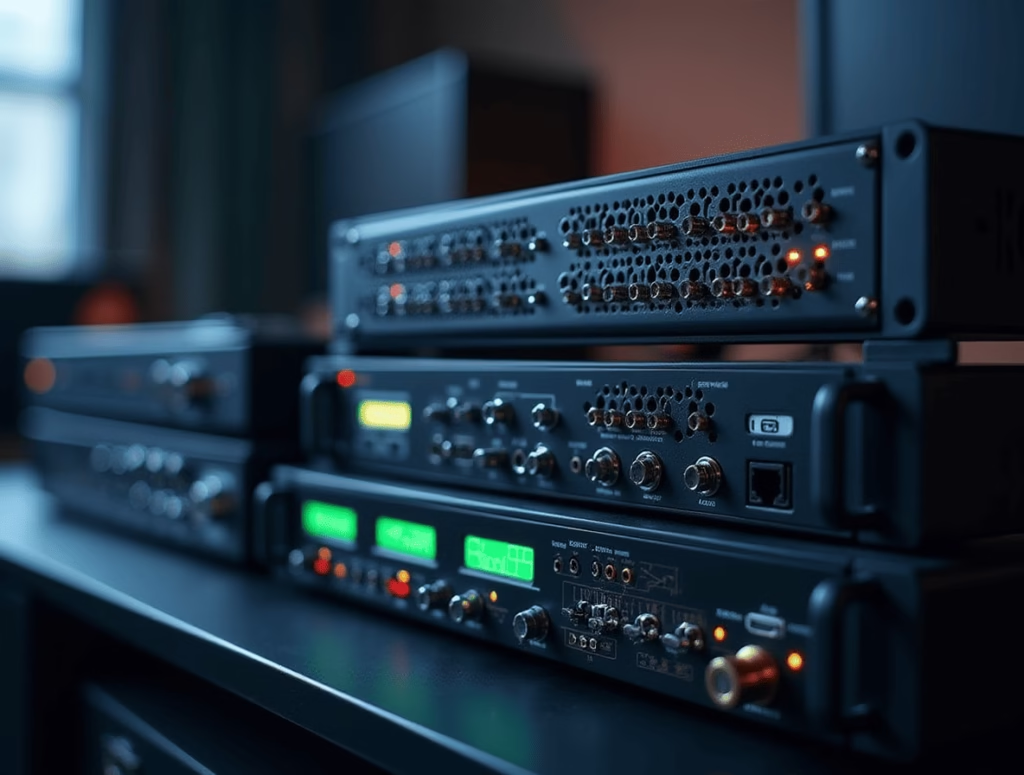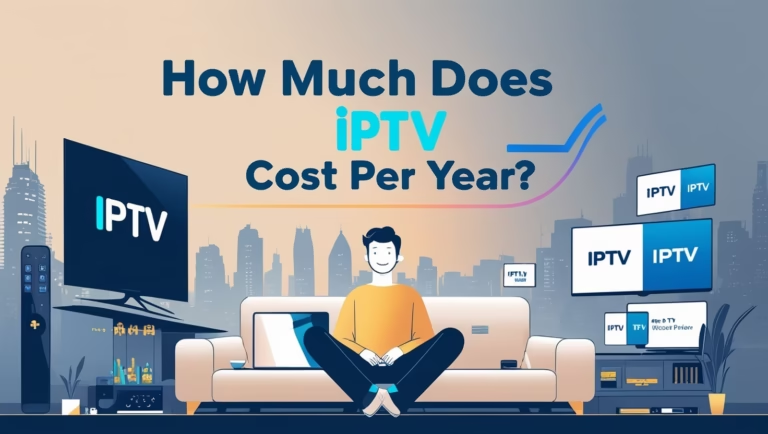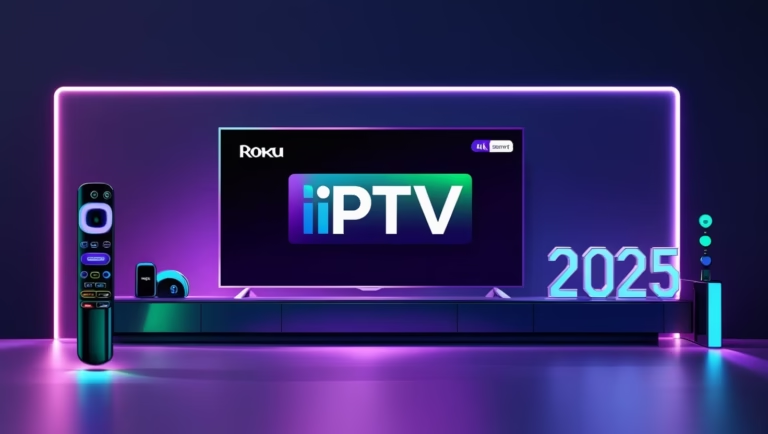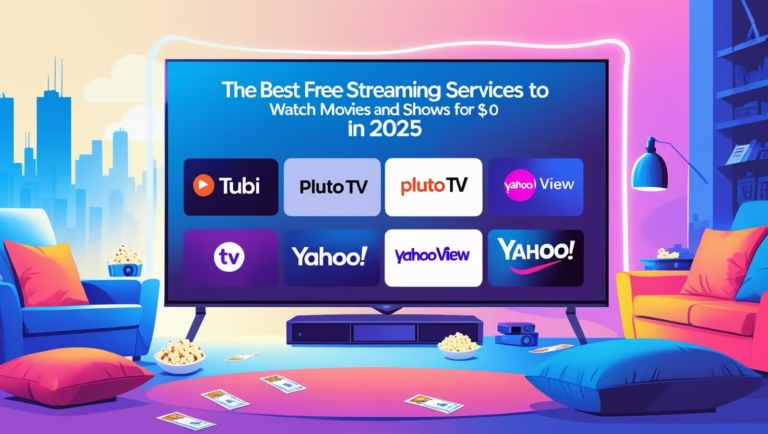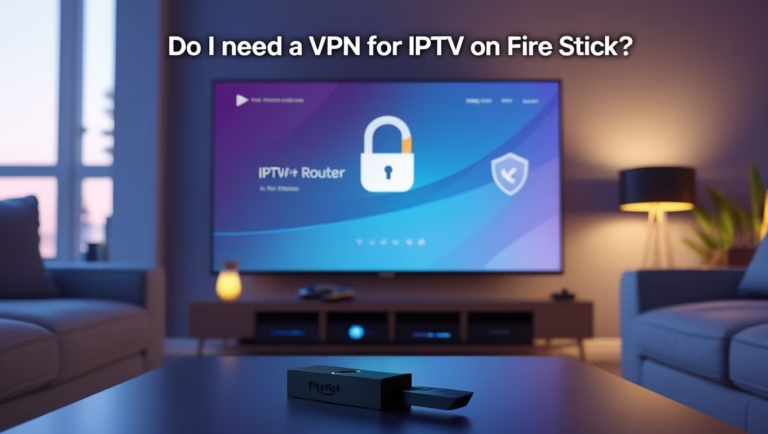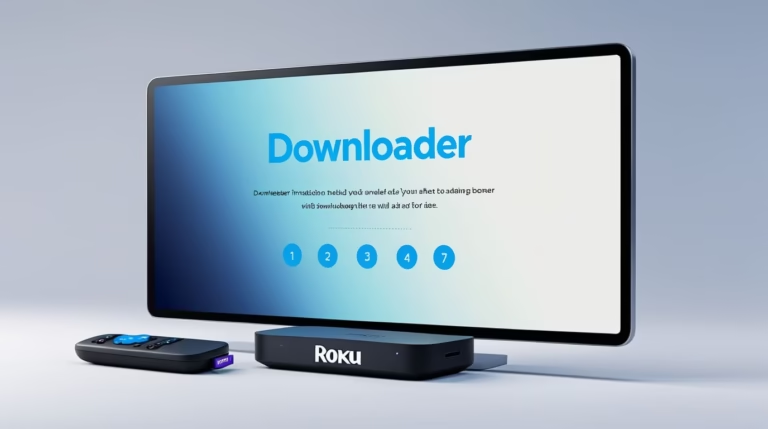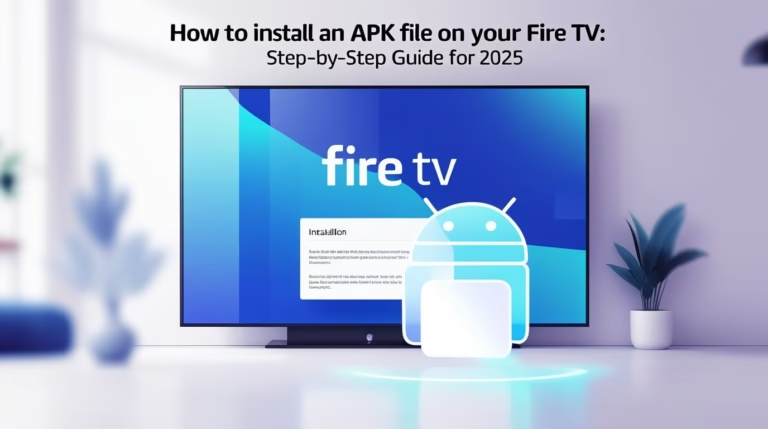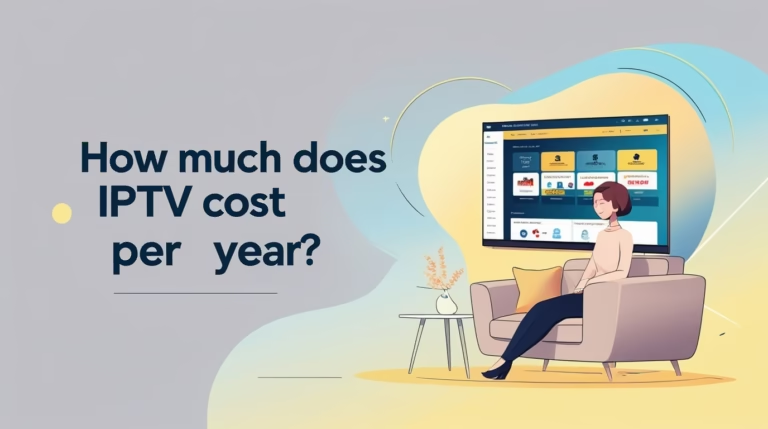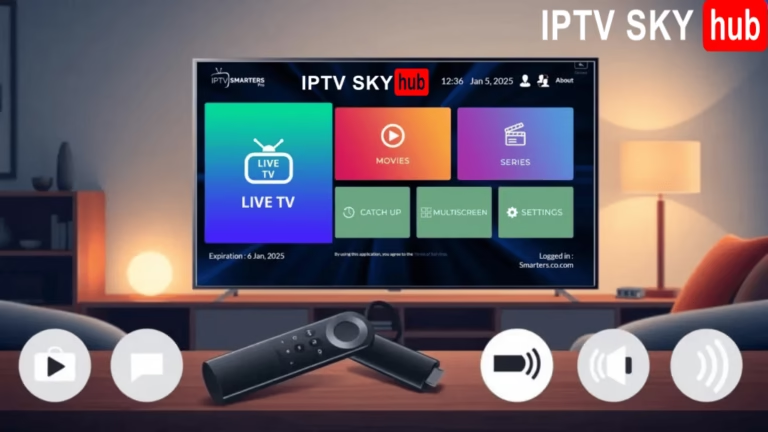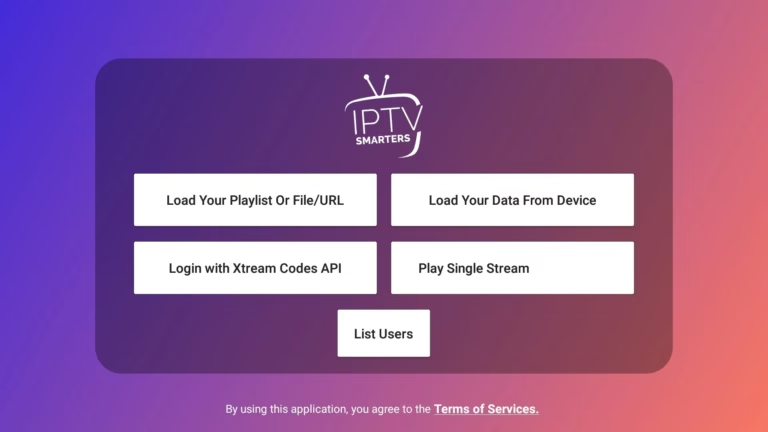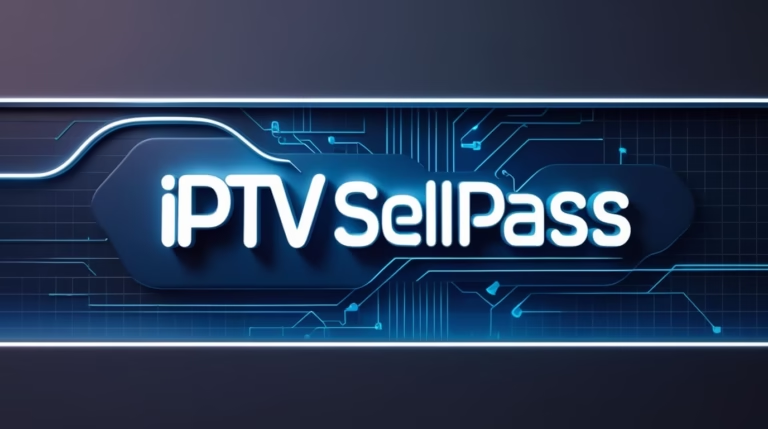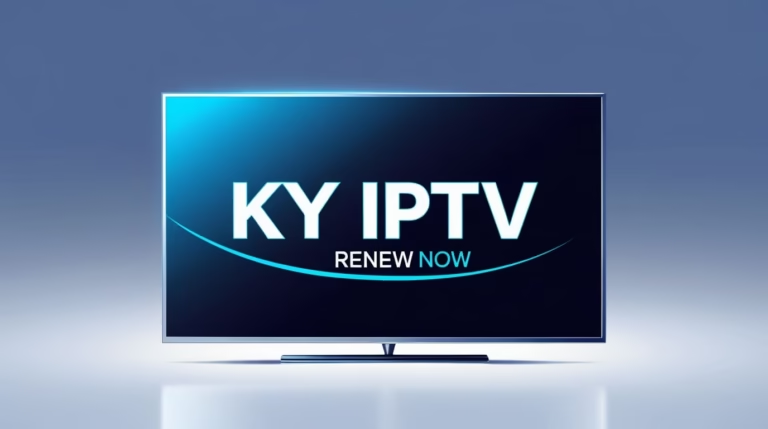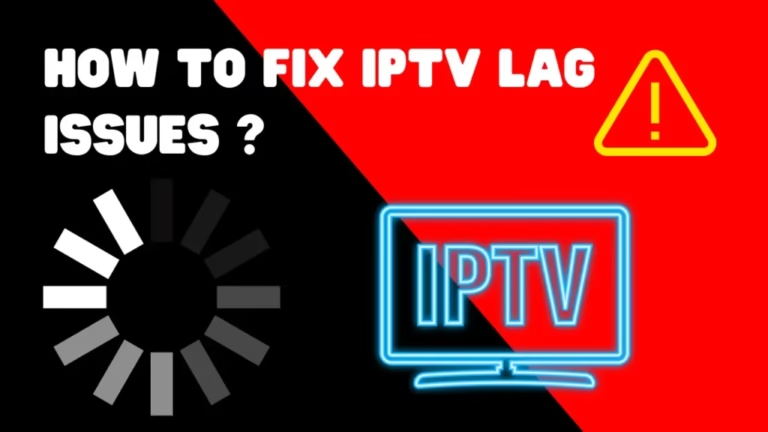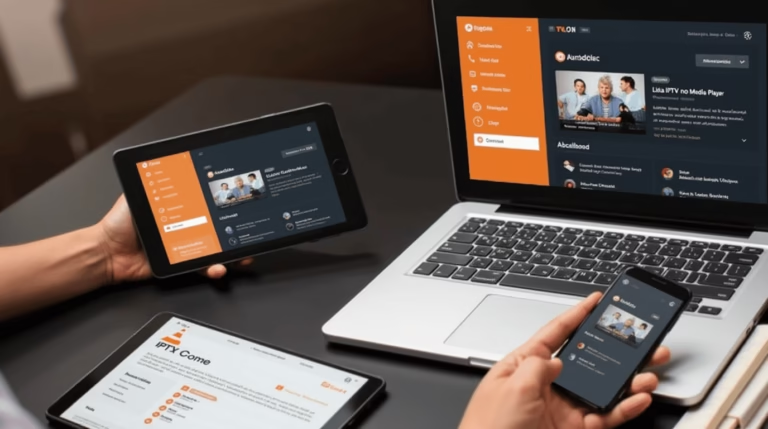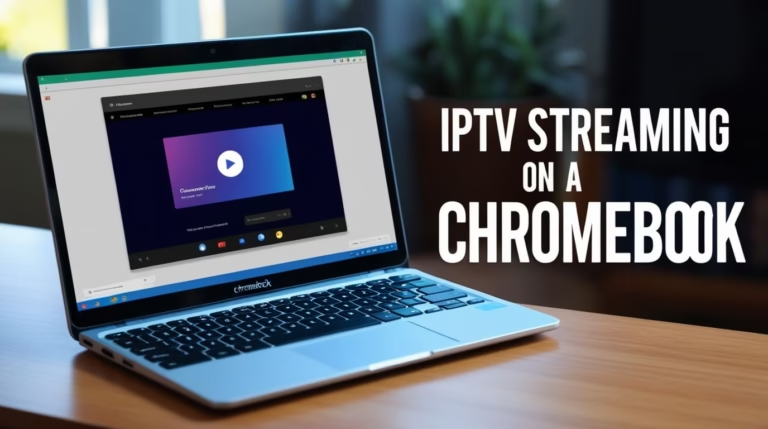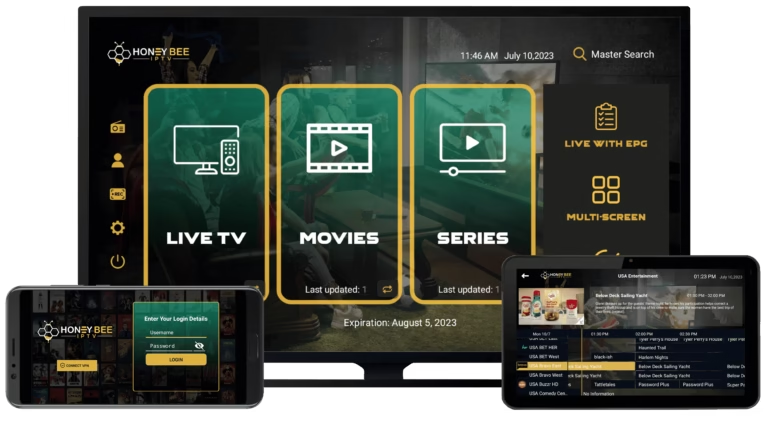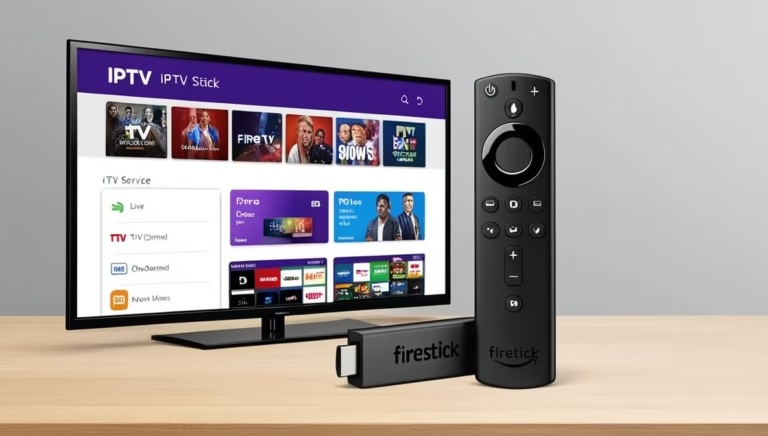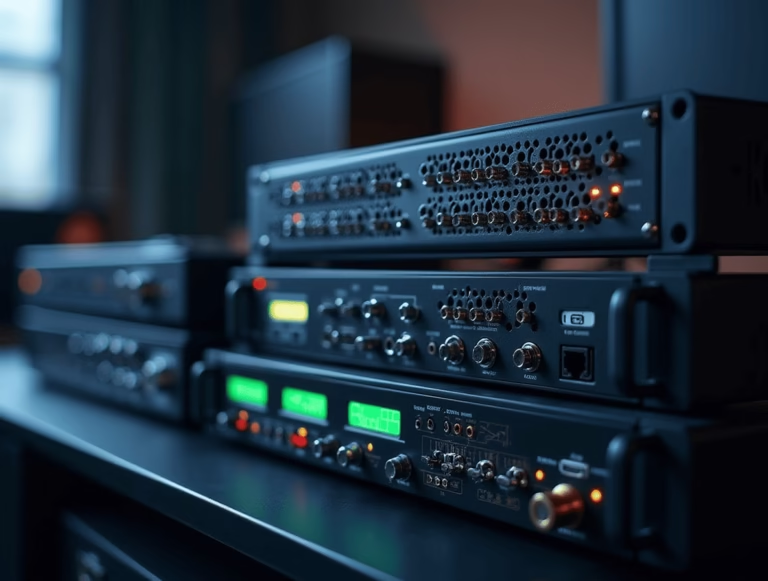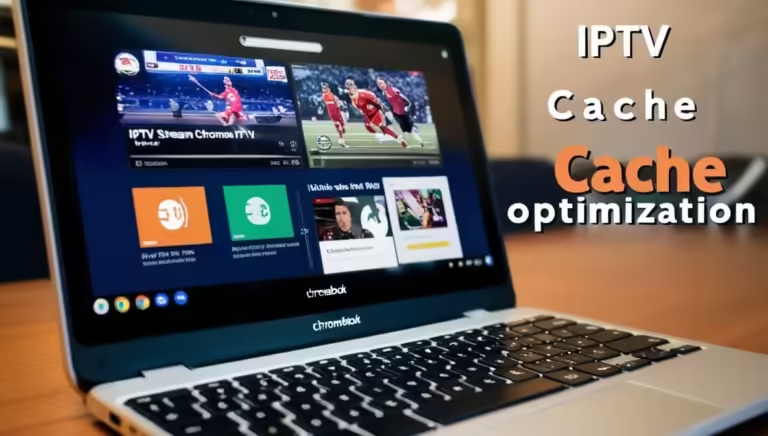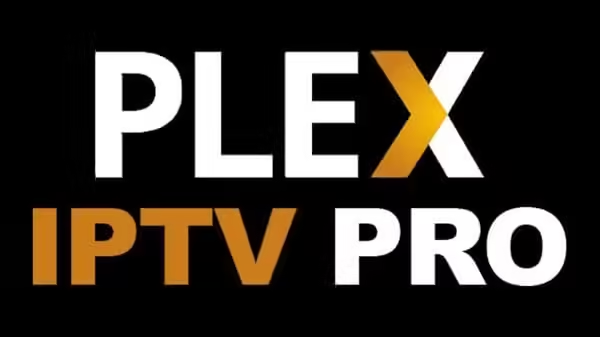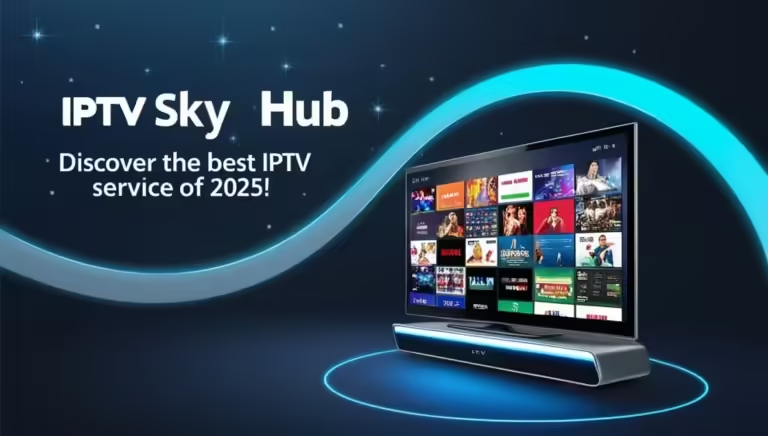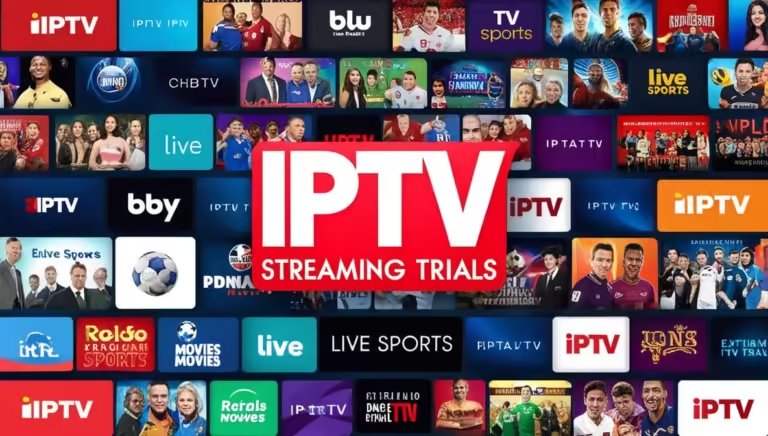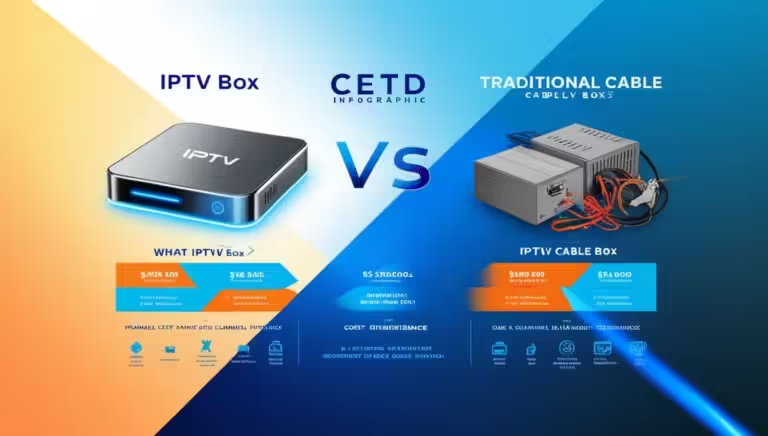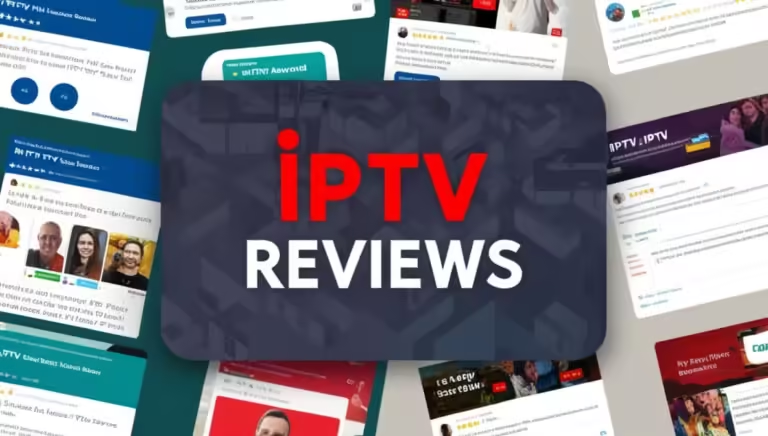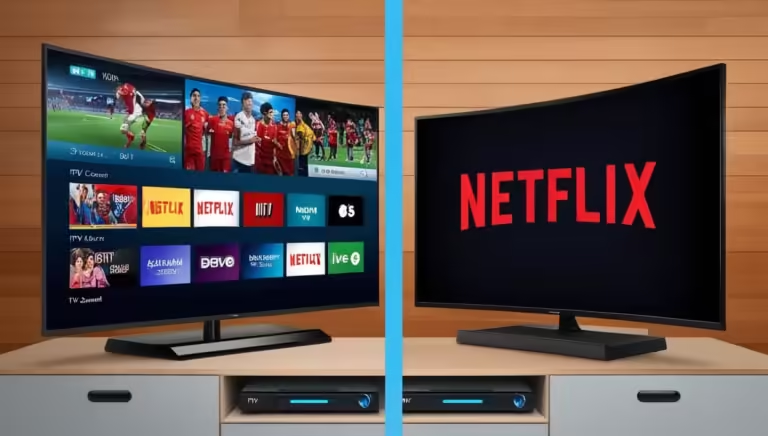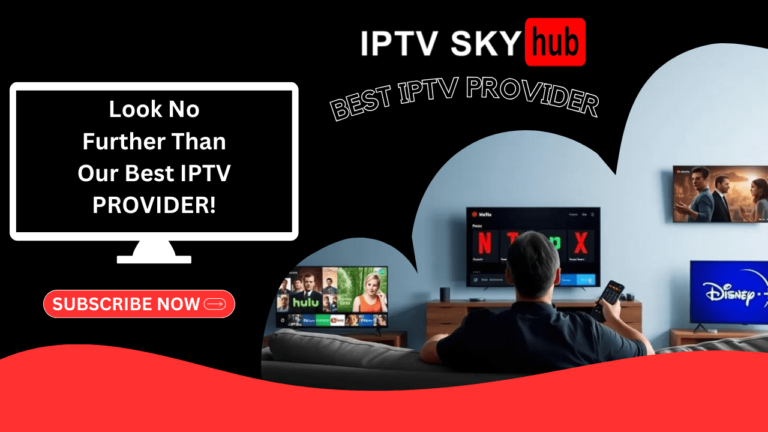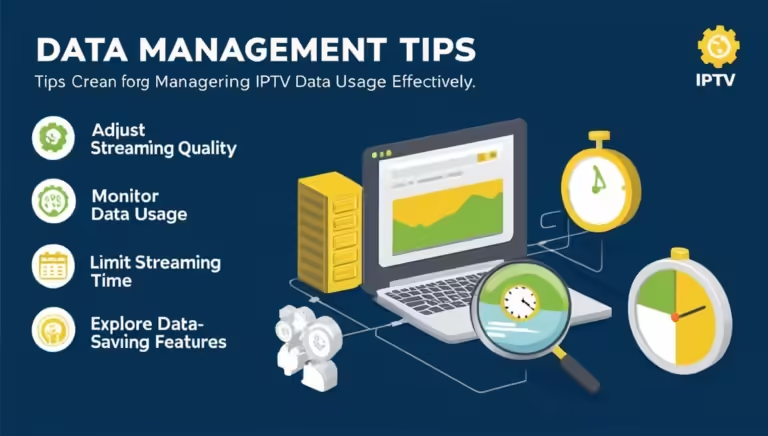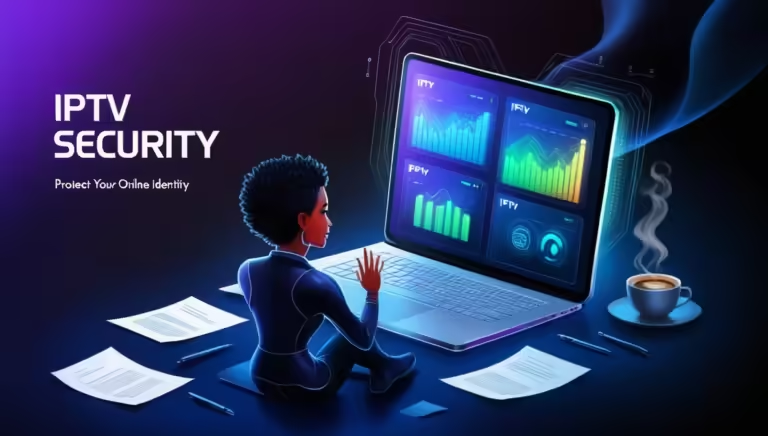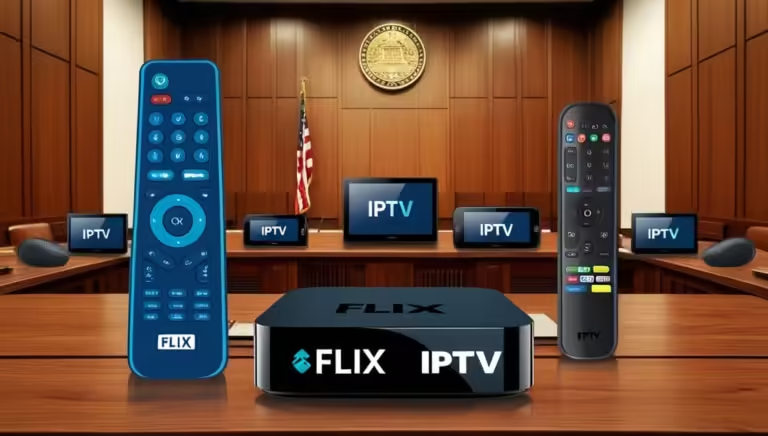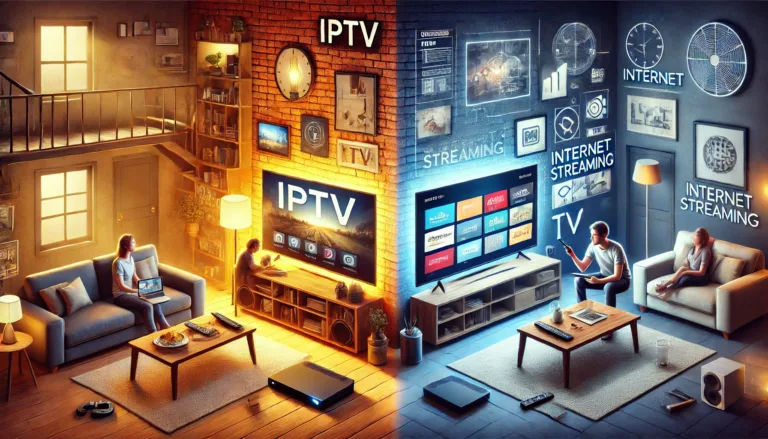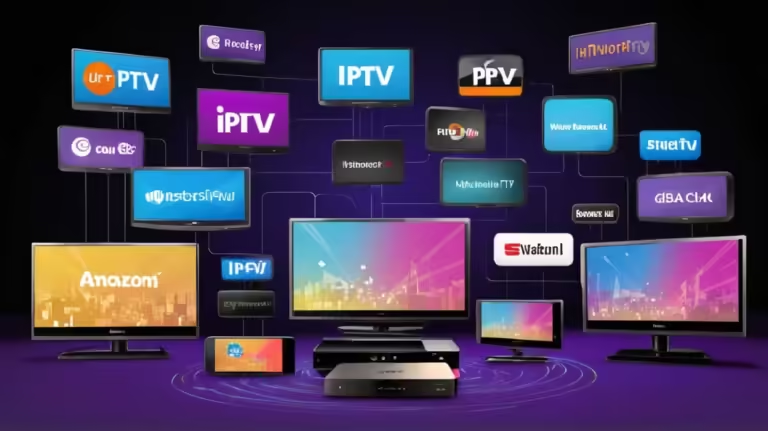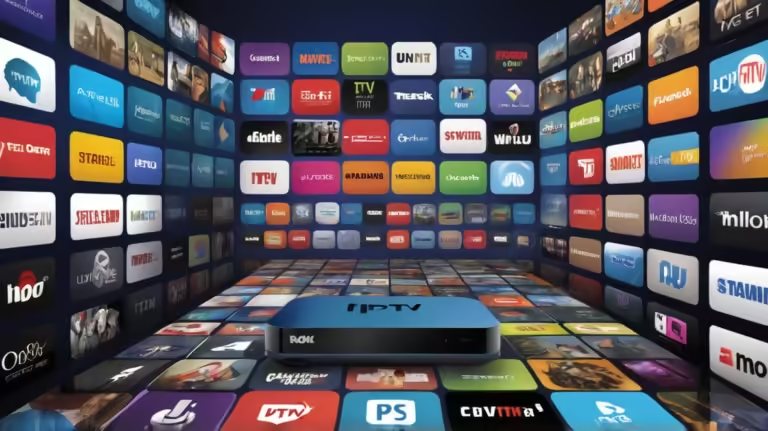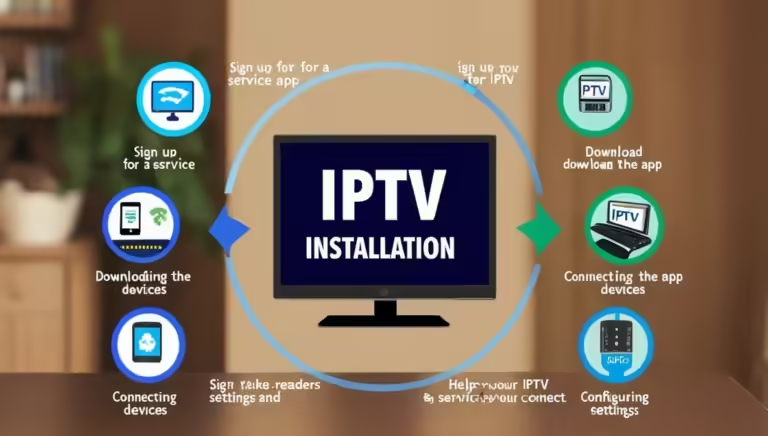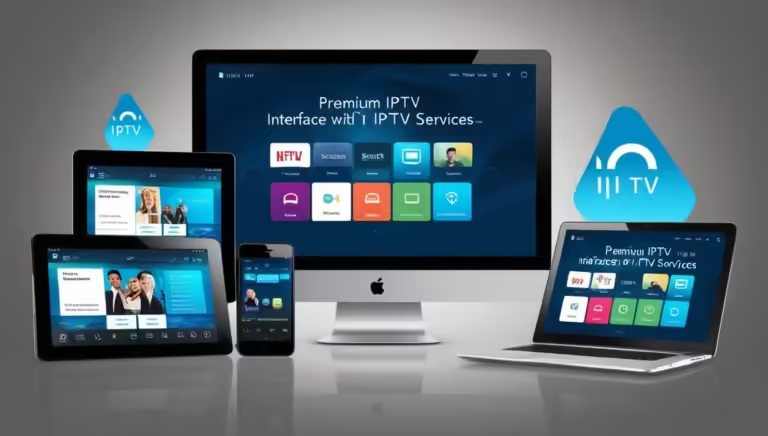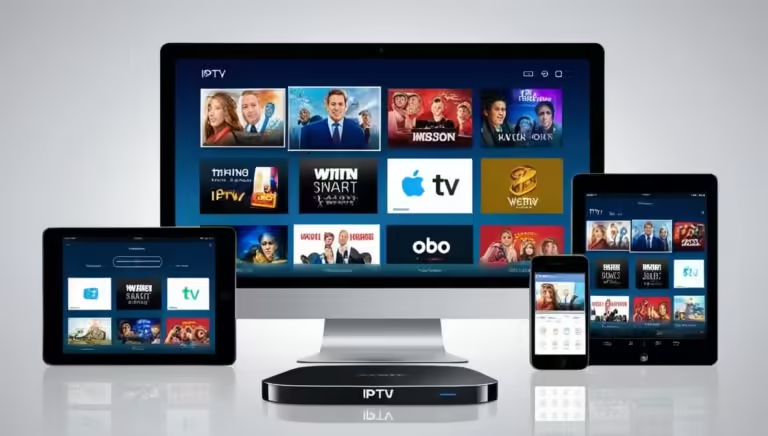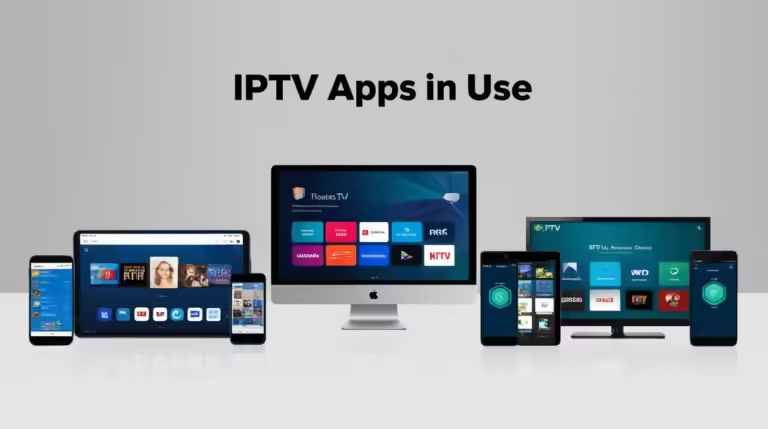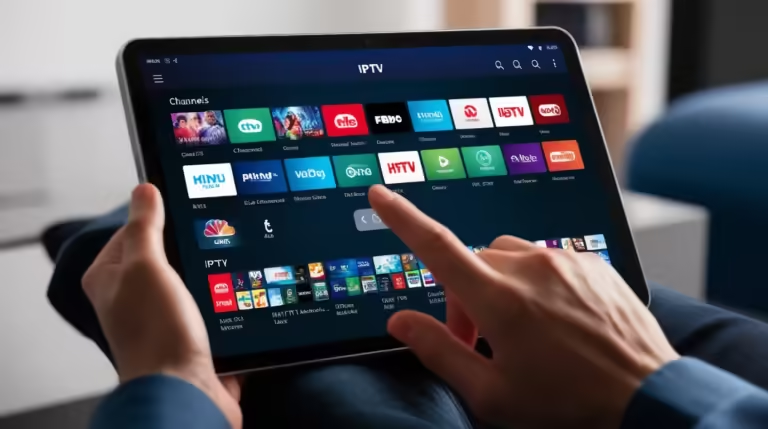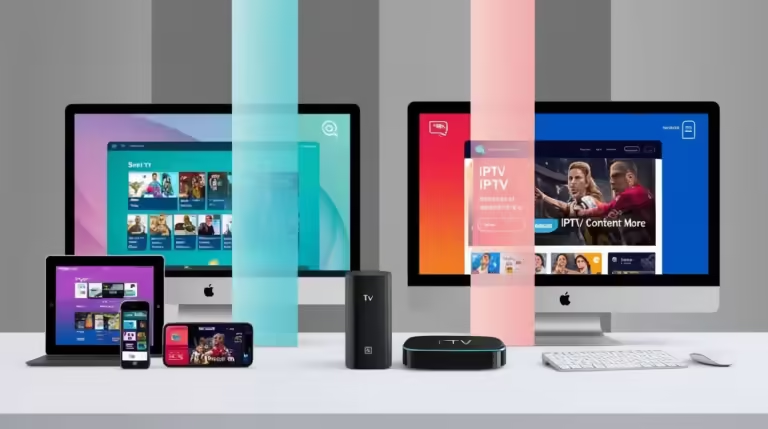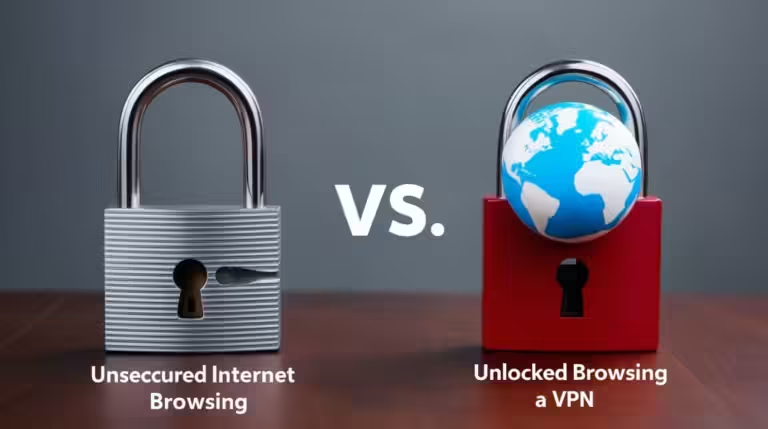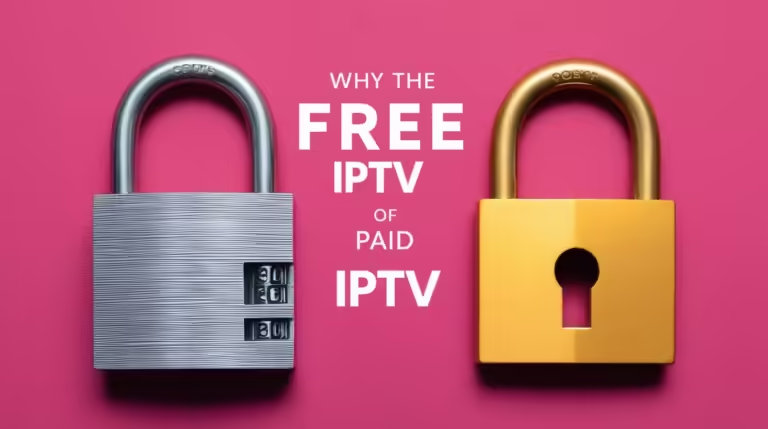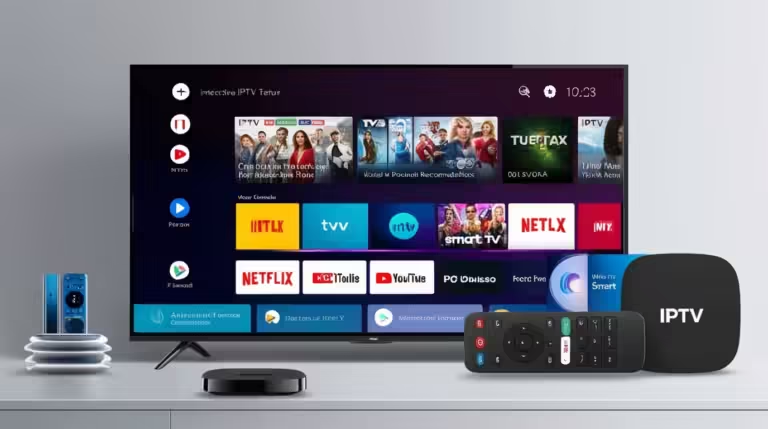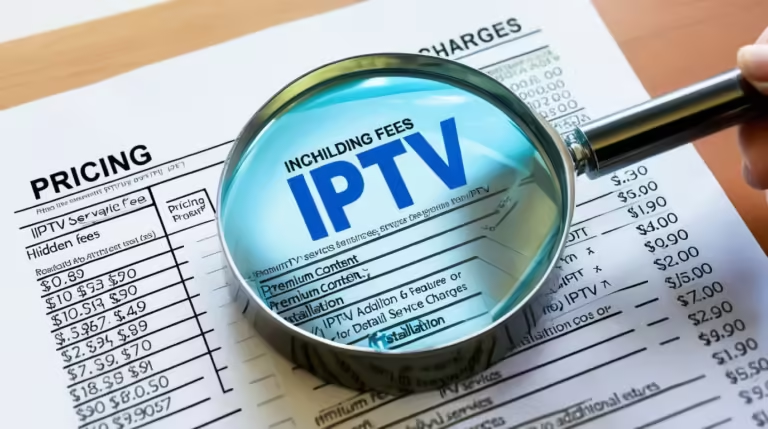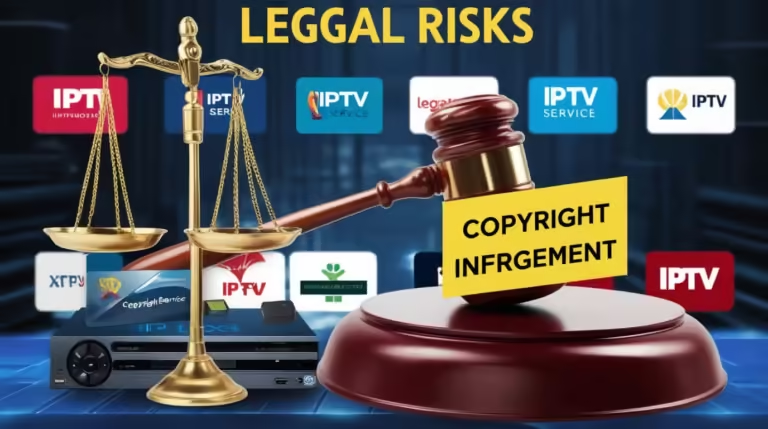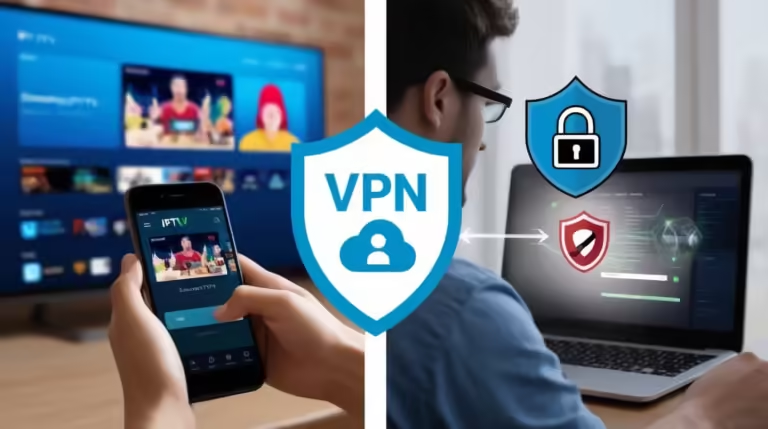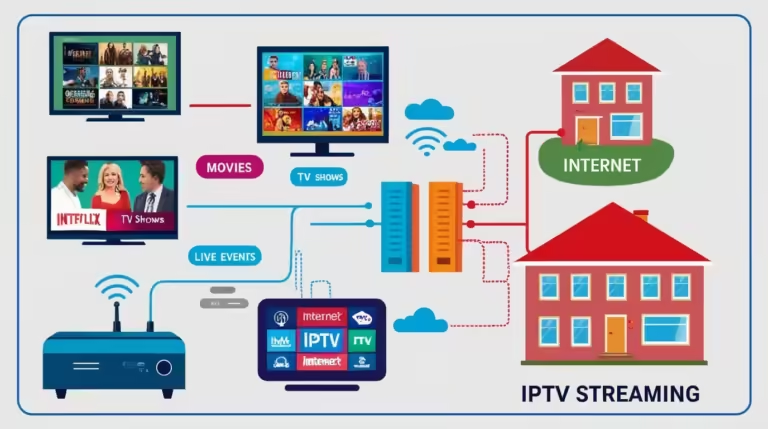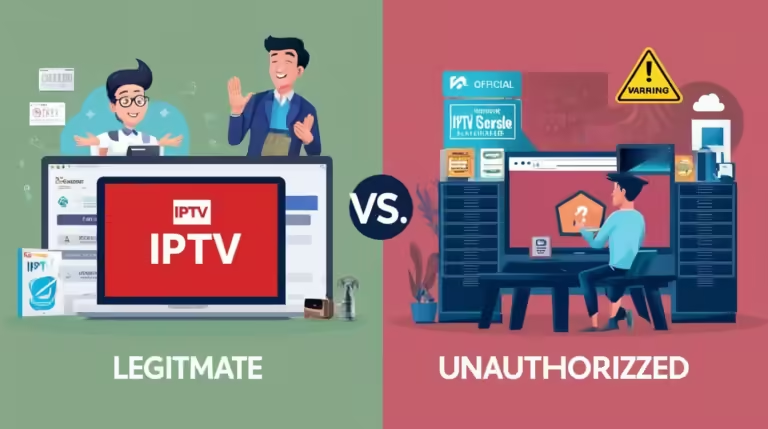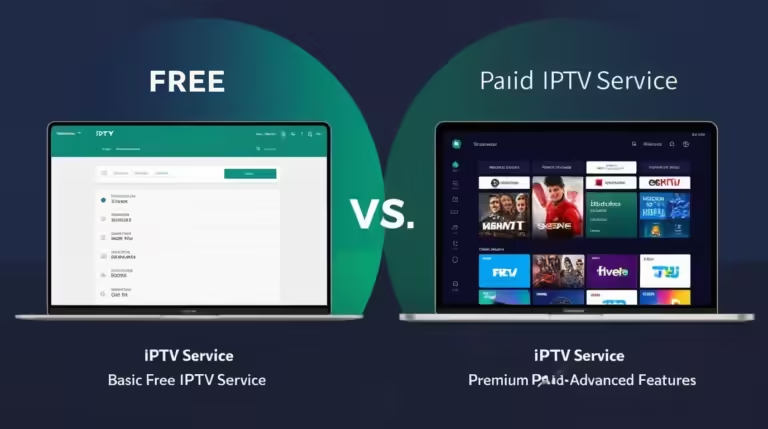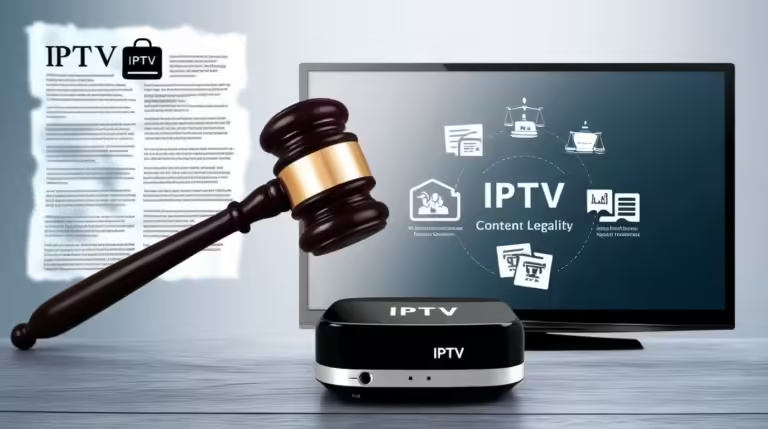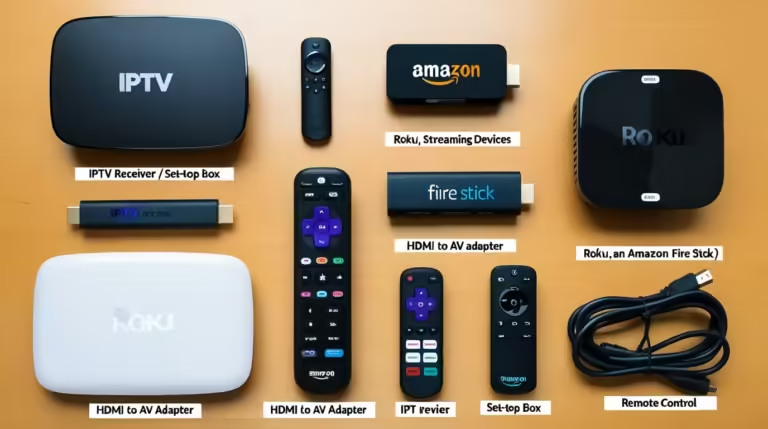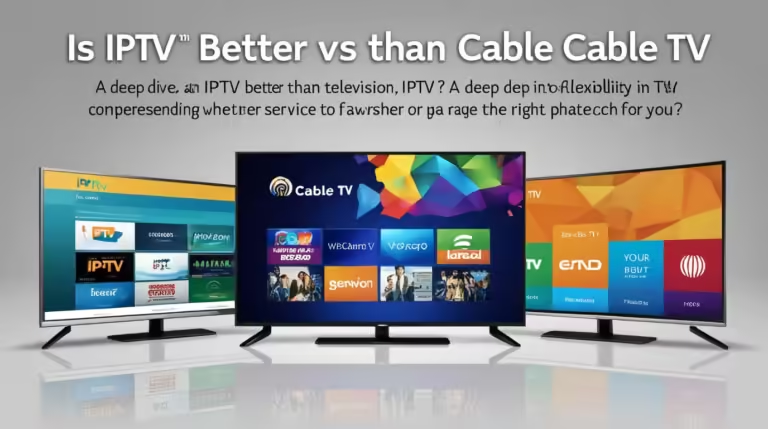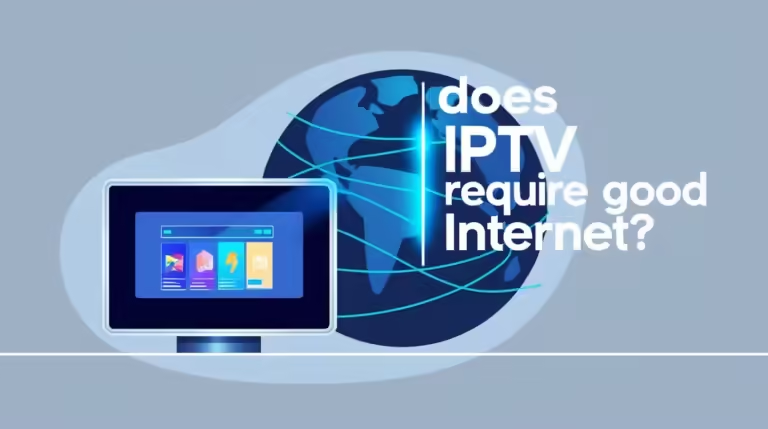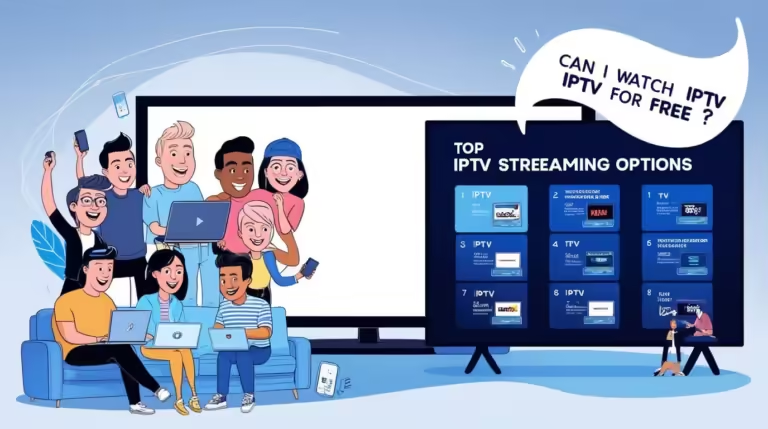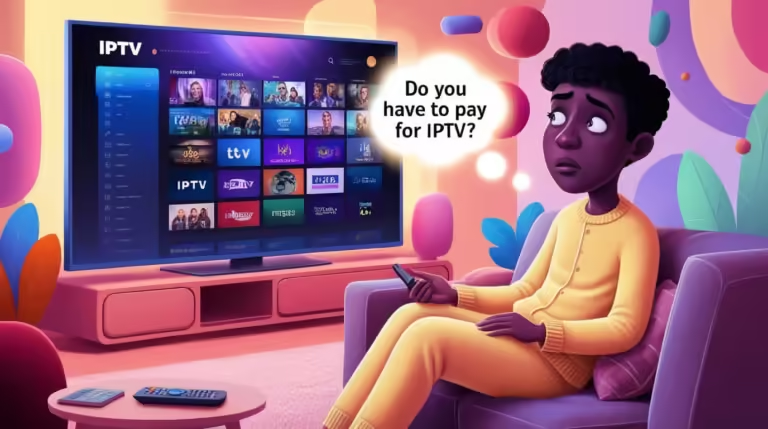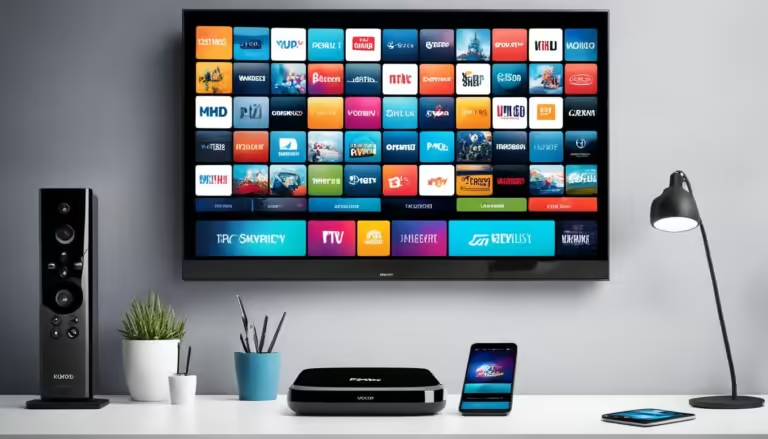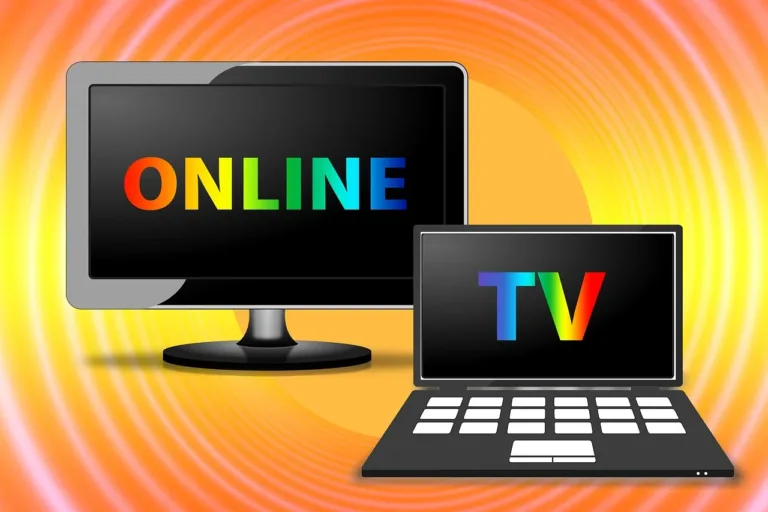In the world of modern broadcasting, IPTV (Internet Protocol Television) is transforming the way content is distributed to viewers. Whether you’re running a live streaming service, broadcasting a sports event, or providing on-demand television, choosing the right IPTV encoder is critical for ensuring high-quality video delivery. An IPTV encoder is the device that converts raw video and audio signals into a digital format that can be transmitted over the internet to reach your audience. But with so many options available in the market, how do you know which IPTV encoder is the best fit for your broadcast needs?
In this guide, we’ll break down everything you need to know to select the perfect IPTV encoder. From understanding the basics to evaluating the best features, we will walk you through the key factors that will make or break your streaming success.
Understanding the Basics of IPTV Encoders and Their Role in Broadcasting

Before diving into the selection process, it’s essential to understand what an IPTV encoder does and why it plays such a crucial role in the broadcast ecosystem. At its core, an IPTV encoder is responsible for converting live video or audio signals into a digital format, such as H.264 or H.265 (HEVC), that can be transmitted over the internet to IPTV platforms, streaming services, or end-users.
Unlike traditional broadcast methods like satellite or cable, IPTV uses the internet to deliver content, which opens up new possibilities for cost-effective and flexible broadcasting. IPTV encoders are the bridge between the raw content (whether it’s a live event, pre-recorded video, or TV show) and the delivery mechanism (your streaming platform or IPTV service). They compress the video and audio into a format suitable for streaming, adjusting bitrates and ensuring the content is transmitted without interruption.
In a nutshell, the role of an IPTV encoder is to take your broadcast content and make it available to your audience with the best possible quality, considering network conditions and streaming requirements. Understanding this fundamental role will help you make an informed decision when selecting the right encoder for your setup.
Key Factors to Consider When Choosing an IPTV Encoder for Your Broadcast
Choosing the right IPTV encoder goes beyond just picking the most powerful or feature-rich model. There are several key factors to consider that will ensure the encoder meets your broadcast requirements and fits seamlessly into your existing infrastructure. Here are the most important aspects to keep in mind:
1. Encoding Format and Compression Standards
The IPTV encoder you choose should support the latest encoding formats and compression standards like H.264, H.265 (HEVC), or VP9. H.264 is still the most widely supported and efficient format, but if you are aiming for ultra-high-definition (UHD) or 4K streaming, H.265 (HEVC) can offer significantly better compression efficiency without sacrificing video quality. Ensure that the encoder supports the formats your streaming platform or distribution network requires.
2. Input Sources and Flexibility
Your broadcasting setup might require multiple video input sources—such as cameras, microphones, SDI, HDMI, or even RTSP streams. Choose an IPTV encoder that supports a wide range of input options to ensure compatibility with your equipment and flexibility for various types of content production.
3. Bitrate and Resolution Support
The quality of your stream is largely dependent on the encoder’s ability to handle different bitrates and resolutions. If you are broadcasting a standard HD channel, a basic IPTV encoder will suffice. However, if you plan to stream in 4K or offer adaptive bitrate streaming, you’ll need an encoder that supports higher resolutions and variable bitrates. Make sure the encoder can scale up as your needs evolve.
4. Network and Bandwidth Considerations
An IPTV encoder will also need to be optimized for your specific network conditions. Some encoders offer advanced features like adaptive bitrate streaming, which adjusts the video quality based on the available bandwidth, reducing the risk of buffering and interruptions. Evaluate whether the encoder supports RTMP, HLS, or other streaming protocols that suit your network environment.
5. Reliability and Support
Broadcasting is a mission-critical operation, and your IPTV encoder must be reliable. Look for models that offer redundancy options, such as dual power supplies or failover mechanisms. Furthermore, consider the manufacturer’s reputation and customer support—having access to timely and knowledgeable technical assistance can be invaluable when issues arise.
By considering these key factors, you’ll be well-equipped to choose an IPTV encoder that can meet both your immediate and long-term broadcasting needs.
Top Features to Look for in an IPTV Encoder for Broadcast Applications

Not all IPTV encoders are created equal. While there are many standard encoders on the market, certain features can significantly improve your broadcasting experience. Here are the top features to look for when selecting the best IPTV encoder for your broadcast applications:
1. Multi-Stream Capability
For broadcasters aiming to reach a wider audience, multi-streaming capability is essential. Look for an IPTV encoder that supports simultaneous output to multiple streaming platforms or channels, such as Facebook Live, YouTube, and your own OTT platform. This allows you to maximize your content’s reach without having to set up separate encoders for each stream.
2. Low Latency Streaming
In live broadcasts, particularly sports or news events, low latency is critical to ensure that your viewers receive content in near real-time. A high-quality IPTV encoder will offer low-latency streaming options, making sure that your stream remains synchronized with real-world events.
3. Audio and Video Synchronization
The last thing you want is a delay between video and audio in your broadcast. Choose an encoder with robust audio-video synchronization capabilities. This ensures that your audio tracks align perfectly with your video stream, maintaining a professional standard for your content.
4. Cloud Integration and Remote Management
Many modern IPTV encoders offer integration with cloud-based platforms, allowing broadcasters to manage, monitor, and configure their encoders remotely. This feature is especially useful if you are managing multiple streams or broadcasts across different locations. Cloud integration also makes it easier to scale and adjust your broadcast operation on the fly.
5. Failover and Redundancy Options
Redundancy is essential for maintaining uninterrupted streaming. High-quality IPTV encoders come with failover options, ensuring that if one stream or input source fails, the encoder will switch automatically to a backup, minimizing disruptions. This is particularly important for professional broadcasters who cannot afford downtime.
By considering these features, you can future-proof your streaming operations and ensure that your IPTV encoder remains an invaluable asset for years to come.
How IPTV Encoders Impact Stream Stability and Video Quality

The quality of your broadcast stream is one of the most important factors in retaining and growing your audience. A poor-quality stream can result in buffering, pixelation, or audio-video sync issues, all of which will lead to a negative user experience. Your IPTV encoder plays a pivotal role in maintaining high-quality and stable streams. Here’s how:
1. Video Compression Efficiency
The compression algorithm used by the encoder directly impacts video quality. While H.264 has been the standard for many years, newer algorithms like H.265 (HEVC) offer better compression at the same quality level. Choosing an encoder that supports advanced compression techniques will allow you to stream high-quality video without using excessive bandwidth, ensuring a stable experience for viewers.
2. Network Resilience
Stream stability is heavily influenced by the encoder’s ability to handle fluctuating network conditions. The best IPTV encoders offer adaptive bitrate streaming, which automatically adjusts the video quality based on available bandwidth. This is especially important for live events where the internet connection may vary. By choosing an encoder with this capability, you can ensure a seamless viewing experience without buffering or interruptions.
3. Error Correction and Buffering Prevention
An IPTV encoder with built-in error correction mechanisms helps prevent stream interruptions caused by packet loss or network instability. Look for encoders that include features like Forward Error Correction (FEC) or jitter buffering to maintain stream continuity and minimize visual disruptions.
By selecting an encoder that excels in these areas, you can achieve a level of stream stability and video quality that will impress your audience.
Choosing an IPTV Encoder That Meets Your Budget and Broadcast Requirements
Finally, choosing an IPTV encoder that aligns with both your budget and broadcast needs is key. While it’s tempting to go for the most feature-rich, high-end model, not every broadcaster requires all the bells and whistles. Here’s how to balance features with your budget:
1. Prioritize Core Features
Identify the essential features your broadcast cannot do without. Whether it’s 4K support, low-latency streaming, or multi-platform streaming, make sure the encoder covers these critical aspects before considering extra features.
2. Consider Total Cost of Ownership
The upfront cost of the encoder is just one part of the equation. Factor in the cost of maintenance, support, and potential upgrades. A higher-quality IPTV encoder might have a higher initial cost but could save you money in the long run due to its durability and reduced maintenance needs.
3. Scalability
Choose an encoder that can grow with your broadcasting business. Whether you’re expanding your streaming capabilities or upgrading to higher-resolution formats, scalability should be a priority to avoid the need for frequent hardware replacements.
By carefully assessing your needs and balancing your budget, you’ll be able to select an IPTV encoder that delivers excellent value while meeting your broadcasting requirements.
Conclusion
Selecting the right IPTV encoder is a crucial decision that can significantly impact the quality, reliability, and success of your broadcast. By understanding the basics of how encoders work, evaluating key features, and considering factors like video quality, network stability, and scalability, you can make an informed choice that meets both your technical and budgetary needs.
Remember, an IPTV encoder is more than just a tool—it’s the heart of your broadcast operation. Choose wisely, and you’ll ensure your streams are high-quality, stable, and ready to engage audiences worldwide.

